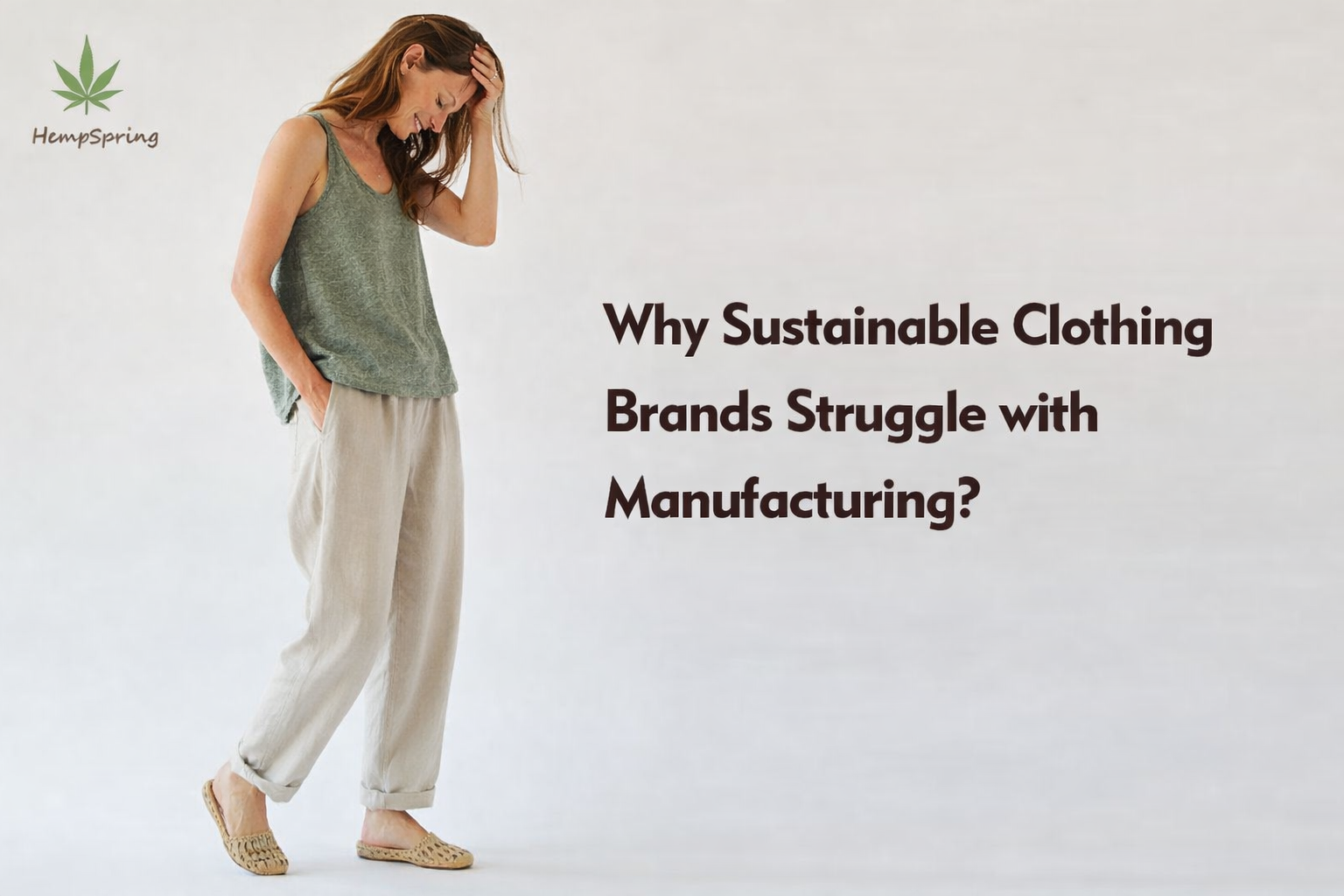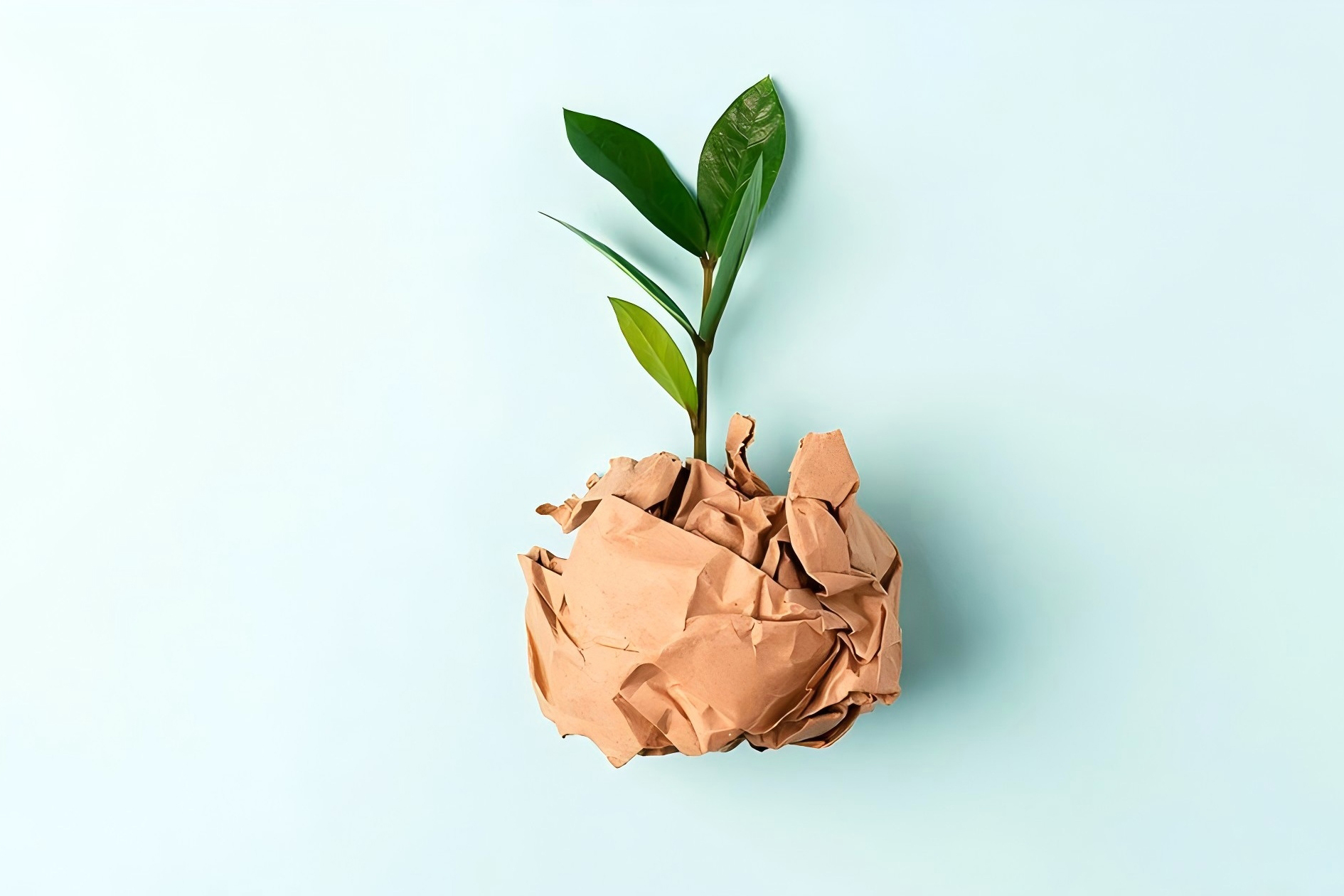
Eco-friendly clothing is becoming a popular choice as consumers become more aware of the environmental impact of their purchases. In this article, we’ll explore the many benefits of eco-friendly clothing and why it’s a great option for both consumers and businesses alike.
Eco-friendly clothing offers numerous benefits, such as reducing environmental harm, promoting better working conditions, and providing healthier options for wearers. Sustainable fabrics like organic cotton, hemp, and bamboo are biodegradable, which helps reduce waste. These clothes also have a smaller carbon footprint compared to conventional clothing.
Transitioning to eco-friendly clothing can positively impact both businesses and consumers, creating a win-win scenario.
How can startups find reliable clothing manufacturers?
Finding a reliable clothing manufacturer for your startup brand can be challenging, but it’s possible with the right approach.
Startups can find reliable manufacturers by researching online platforms like Alibaba, attending trade shows, or connecting with industry experts. It's important to choose a manufacturer that understands your values, like eco-friendly production methods, and can meet your requirements for quality and quantity.

Researching Manufacturers
Finding the right manufacturer requires careful research.
Startups can look for manufacturers that specialize in sustainable fabrics such as organic cotton, hemp, or bamboo. Platforms like Alibaba are popular, but it’s essential to review a supplier’s history, customer feedback, and certifications before making a decision. Additionally, attending trade shows and networking with other brands can help find trusted suppliers.
To find a reliable manufacturer, check their certifications, such as GOTS or OEKO-TEX, which guarantee that their products are eco-friendly and free of harmful chemicals. Communicate clearly about your needs, such as fabric types, sizes, and designs, to ensure they can meet your requirements.
Manufacturing Capacity and Minimum Order Quantity
Another key factor is the manufacturer's capacity and minimum order quantity (MOQ). Startups should ensure the manufacturer can handle the required quantity without compromising quality.
Many sustainable clothing manufacturers have low MOQs, which makes it easier for smaller brands to start small and grow. For example, our factory has a MOQ of just 100 pieces, allowing brands to test the market before scaling up production.
A reliable manufacturer should be able to provide samples, accurate lead times, and flexibility in product customization to fit your brand’s vision and budget.
Price Transparency and Ethical Practices
Price transparency is crucial when selecting a manufacturer. It's important to understand how the pricing reflects the quality and materials used. Many eco-friendly fabrics can be slightly more expensive, but the long-term benefits of sustainability and ethical production make it worth the investment.
Look for manufacturers with a track record of ethical practices, such as fair wages and safe working conditions. Ensure that the company aligns with your values and offers transparency about their supply chain processes.
How to find a clothing manufacturer for a startup brand?
Finding a clothing manufacturer for a startup brand requires a methodical approach, ensuring that the manufacturer can meet quality and sustainability standards.
Startups should begin by clearly defining their product specifications and values. This will help identify manufacturers who specialize in sustainable fabrics and can produce high-quality, custom designs. Research, communication, and verification are key to ensuring a successful partnership.
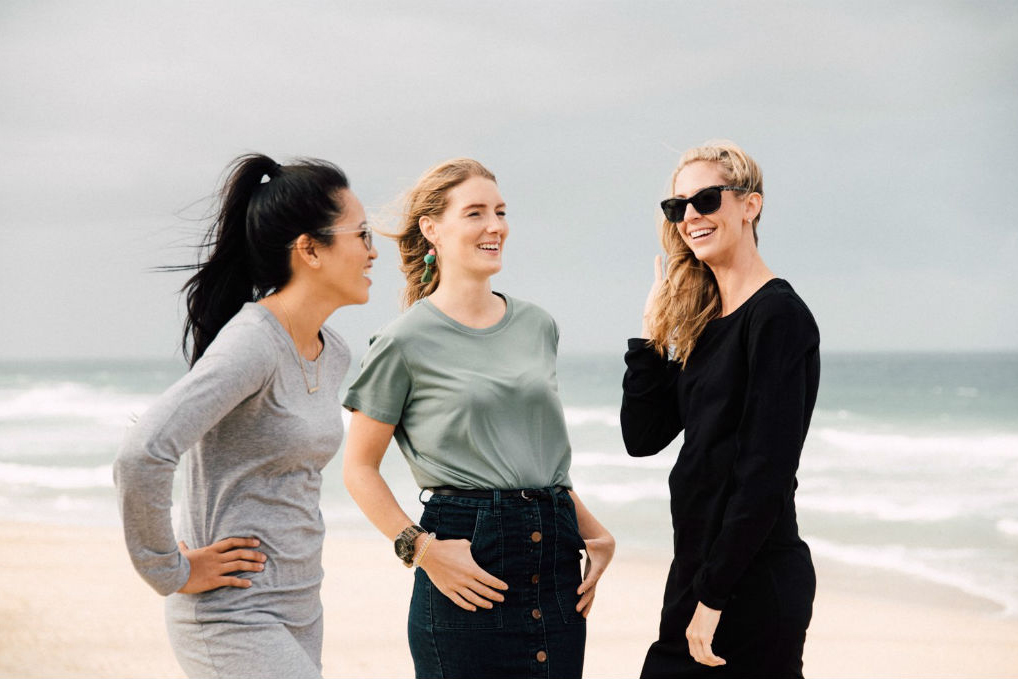
Defining Your Product Specifications
The first step in finding the right manufacturer is to define your product specifications. These include fabric types, sizes, designs, and any other special requirements like eco-friendly materials. Knowing exactly what you want will make it easier to find a manufacturer that can meet your needs.
Being clear about your specifications helps ensure that the manufacturer can provide accurate quotes and timelines for your project. This will also prevent any misunderstandings down the line.
Asking the Right Questions
When interviewing potential manufacturers, ask the right questions about their capabilities, such as:
- What materials do they use?
- Are their fabrics certified organic or sustainable?
- What is their production lead time?
- Do they offer product samples?
- What are their terms for custom designs?
These questions help you assess whether a manufacturer can meet your standards and production needs.
How to know if a fabric is organic?
It’s important to understand how to identify organic fabrics, as many manufacturers use terms like “eco-friendly” loosely. Here’s how to know if a fabric is truly organic.
Look for certifications like GOTS (Global Organic Textile Standard) or OEKO-TEX. These certifications ensure that the fabric is made with organic materials and meets environmental standards. Additionally, check the fabric’s origin and production process for transparency.
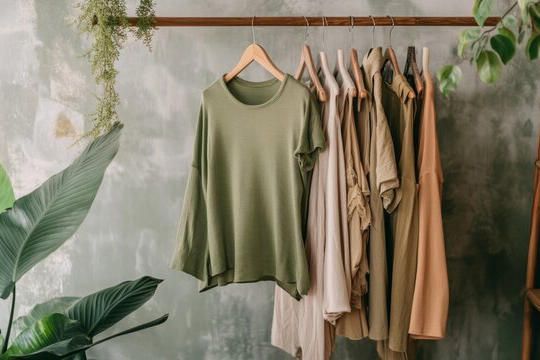
Certifications and Labels
The best way to verify if a fabric is organic is by checking for certifications. For example, GOTS certification ensures that fabrics are grown without harmful chemicals, pesticides, or fertilizers. It also verifies that the fabric is produced in an eco-friendly manner.
Other certifications like OEKO-TEX Standard 100 ensure that fabrics are free from harmful substances, making them safe for both the environment and the wearer.
Supplier Transparency
A trustworthy supplier should provide clear information about where their fabrics come from and how they’re produced. Organic fabric producers should be able to trace their materials back to the farm or mill, showing that no synthetic chemicals were used in the growing process.
How to know if clothes are sustainable?
Sustainability is about more than just the fabric—it includes the entire lifecycle of a garment, from production to disposal.
To determine if clothes are sustainable, look for eco-friendly fabrics, transparent production processes, and brands that offer circular fashion options like recycling or upcycling. Sustainable brands often provide information about their carbon footprint, fair labor practices, and use of renewable energy.
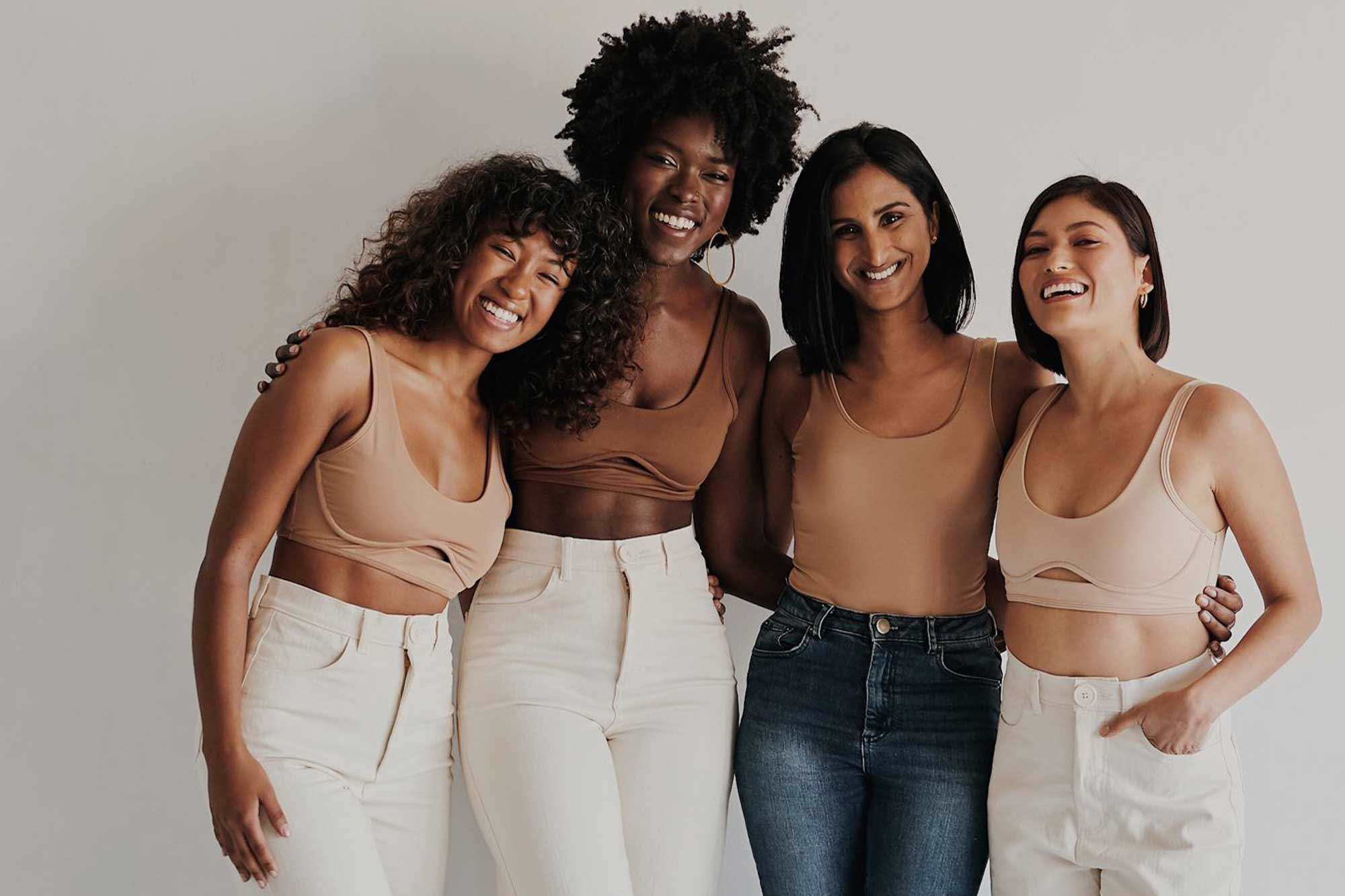
Eco-Friendly Materials and Ethical Production
Sustainable clothes are made from eco-friendly materials such as organic cotton, hemp, bamboo, and recycled fabrics. These materials have less environmental impact compared to conventional fabrics like polyester or nylon. Additionally, ethical production ensures fair wages and safe working conditions for garment workers.
Sustainable brands prioritize reducing their environmental footprint by using energy-efficient practices, minimizing water usage, and avoiding harmful chemicals in the production process.
Circular Fashion and Durability
Circular fashion is a concept where clothes are designed to be reused, recycled, or upcycled, helping reduce waste. Sustainable clothing brands may offer programs that allow customers to send back worn garments for recycling or repurposing.
Durability is also a key factor in sustainable clothing. High-quality, long-lasting garments reduce the need for constant replacements, thus lowering the environmental impact over time.
Conclusion
Eco-friendly clothing benefits both the environment and the people who wear it. By choosing sustainable fabrics and working with ethical manufacturers, you can contribute to a better planet while offering consumers high-quality, eco-conscious products. Startups can find reliable manufacturers by researching online platforms, attending trade shows, and verifying certifications to ensure they are making the right choice for their brand and values.

